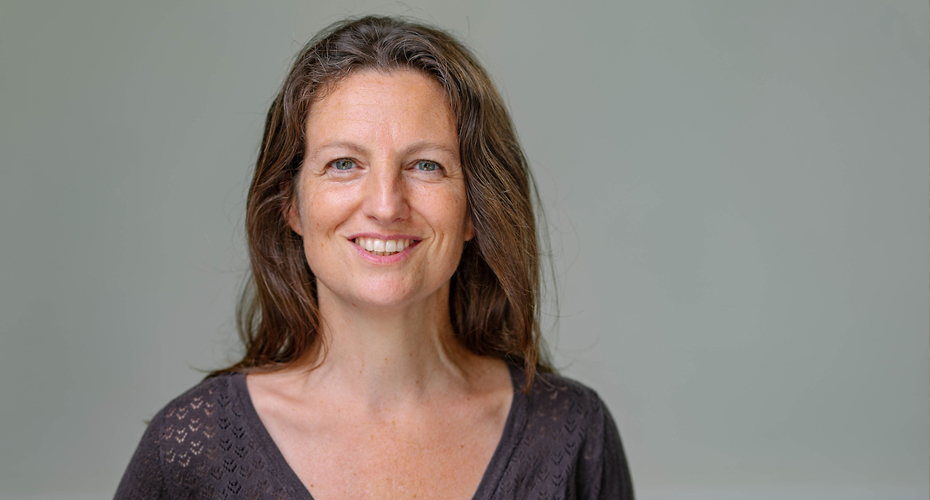About us
"Welcome to the Department of Archaeology and History where our students and staff work together to explore the past, contextualise the present and develop informed strategies for addressing global challenges.
As the Head of the Department of Archaeology and History, I am committed to nurturing a vibrant academic environment that promotes the exploration of our past.
Our department's interdisciplinary approach allows us to explore, inspire and think critically, to empower our students to become leaders in their field."
Professor Naomi Sykes (Head of Department)

Q: What are you most proud of in the department?
It almost goes without saying but…the people. It is a privilege to work with such a great bunch of humans, from diverse backgrounds and countries, who support and inspire each other’s research and teaching. These last few years have not been straightforward, but everyone has banded together to get things done. The restructure means we now have around 200 colleagues and PGR students meaning we are a new and rather large department. We have embraced the opportunities of our new shape and are working collaboratively to understand the big questions about being human.
Q: What are the top three things that you want us to know about the department?
- Our world-renowned experts appear regularly on international media including the BBC, ITV, CNN and have written for publications such as, The New York Times.
- The breadth of research and teaching. For instance, in history, we offer 22 special subjects in our final year at undergraduate which must be about the most of anywhere in the country.
- Our teaching and research draw upon the rich archival/museum collections that are held on campus. From the papers of the novelists Agatha Christie and Daphne Du Maurier to 87,000 items relating to the moving image in Britain held by the Bill Douglas Cinema Museum. In addition, the Digital Humanities Lab supports us with the cutting-edge technologies and tools we need to preserve and interpret the past.
Q: Finally, can you tell us something about your department that we might not know?
We know that our disciplines cannot address all the world’s problems alone, so whilst we sit in the Faculty of Humanities and Social Sciences, many of us work across disciplines and particularly with the hard sciences – medics, chemists, geneticists, biologists, engineers, computer scientists, and physicists. These other disciplines help us to generate answers, but they are to questions that would never have been asked without our department’s involvement. In fact, our department is now leading research agendas and hosts some of our most cutting-edge scientific facilities, notably the UKRI-funded Heritage Science laboratory (SHArD-3D) which is increasingly core to our teaching, research and impact.




